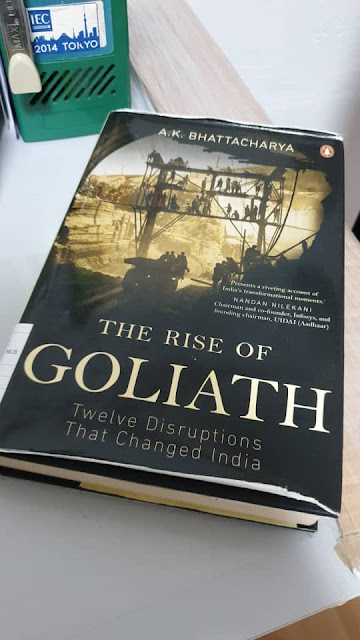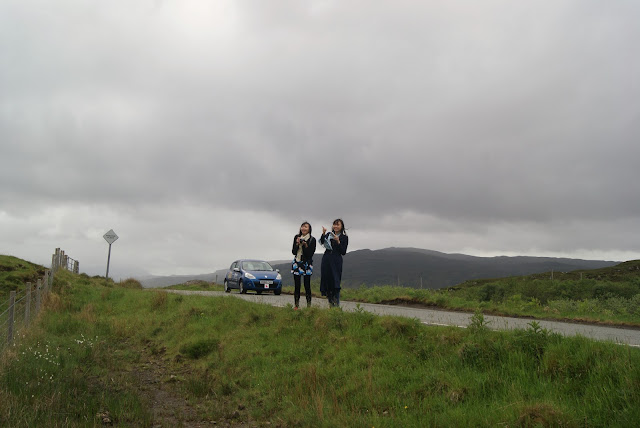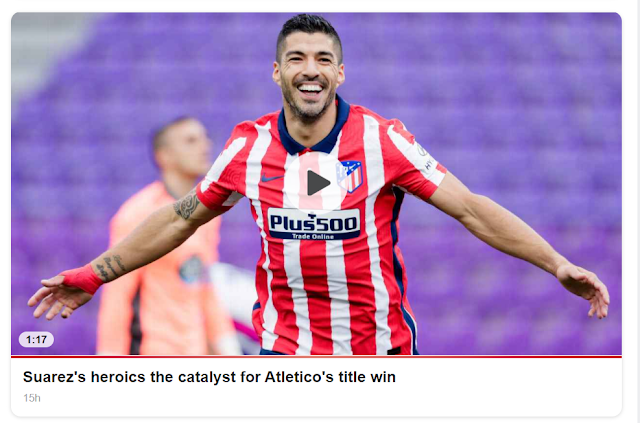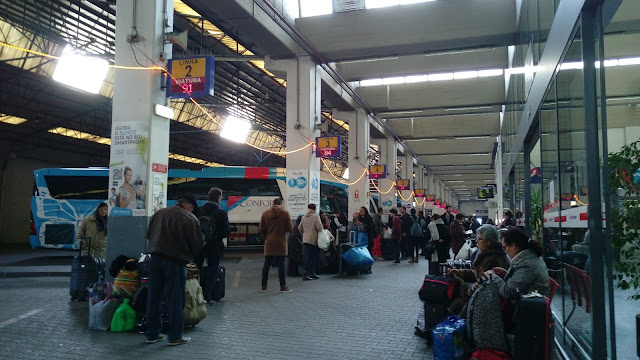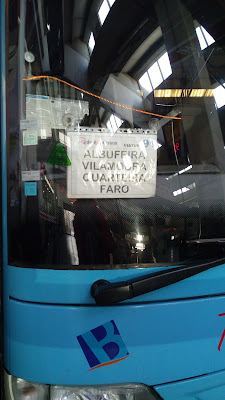Gradually, Liverpool emerged from the barren years. Shankly bought young players from the lower leagues - Keegan and Clemence. The side won the First Division title and UEFA Cup in 1973, and the following season's FA and UEFA Cups. The players who gathered at Anfield for pre-season training in July 1974 were viewed as the ones who stood on the cusp of renewed success.
And then came two bombshells. Shankly told the world that he was stepping down, and Liverpool told Paisley that they wanted him to be their next manager. For the man who spent the best part of 15 years lost in Shankly's conversation, the first revelation was shocking. The second was beyond belief.
- Paisley and his family never thought that he would become manager. This was the man who still liked to do the ironing on Sunday afternoons.
Yet now he was standing in front of the players, on a July morning in 1974, telling them he was going to be their manager. Witnesses say Paisley mumbled some self-conscious thanks. He said they'd see how it went. He'd try to tide them over until someone else was appointed. Three minutes later he'd run out of things to say. That was it, then. They'd better get on with the job and make the best of it, he concluded, and ventured off, with the familiar limp they'd all come to know.
Mixed up with it was the culture embedded in the club about not knifing your boss. It was his way of saying he hadn't in any way stabbed Shanks in the back and didn't go looking for that kind of job. (John Toshack)
But most of the team saw a man who just didn't want to be there. For perhaps a minute after he'd gone there was silence, as the enormous collective realisation dawned on the players of what Shankly's departure actually meant. They were to be led by a manager who had never given a team talk in his life and who seemingly could not string a sentence together.
Paisley's disinclination to do that (not wanting Shankly back at Anfield) revealed that the quiet man was also an unyielding one. Once he had taken up the position, he DID want to be manager and, what is more, he was not inclined to ask for his predecessor's advice.
The Liverpool rules were simply that, 'You get the ball; you give it, you move,' says Steve Heighway. 'It was the ultimate team game. You were only as good as your last game. You never got ahead of yourselves and you learned that the way you play is a waste of time without the physical effort.'
After Toshack's move the Leicester City failed, he told Paisley that he intended to play a match for Wales in Budapest, ahead of Liverpool's penultimate game of the season, against Middlesbrough, where the team needed to win to secure the second spot that would guarantee them European football. 'If you play for Wales you'll be dropped for Middlesbrough,' Paisley informed him. Toshack had been his second top scorer in the First Division that year, and as planned he was dropped for the game. Liverpool loss 1-0. Everything then fell on winning the last game of the season, against Queen Park Rangers at Anfield. Prouder managers would have left such a player out in the cold, though a moral victory was not the kind he was looking for. Paisley selected the striker for the game and Toshack scored twice as Liverpool won 3-1.'I do wonder if Shanks, with his pride, would have found a place for me,' Toshack reflects. 'But that was Bob. He could take the emotion out. He would definitely hold a grudge. But he wouldn't hold a grudge if he knew it was going to work against him.'
Appearance and reality were different entities. Being observed in plain sight did not interest Paisley. The quiet persona and undemonstrative exterior obscured an individual who very much did want to manage Liverpool and take the decisions that came with it. Changes were under way and it suited him fine if others wanted to think otherwise.






